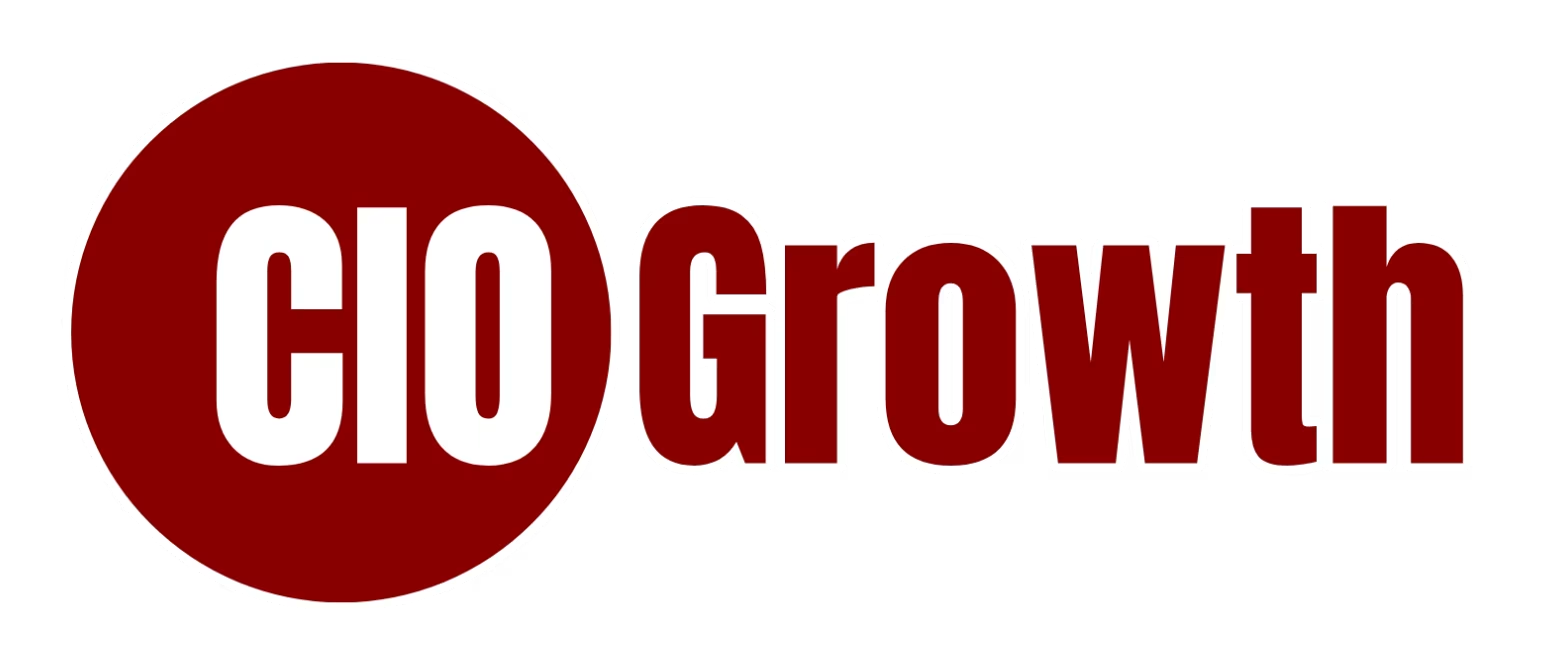Marcus Lee
President & Co-Founder
Solivana
Sustainable Dreams: Marcus Lee's Solar Revolution

It’s 7 a.m., and Marcus Lee is already deep in conversation with a team of engineers in Solivana’s bustling open office. The topic: making solar energy accessible not just for the privileged or the early adopters, but for every neighborhood in America, from rural farmland to city rooftops.
Early Inspiration
Marcus grew up in a working-class neighborhood in Phoenix, Arizona, where, ironically, sunny days were more a source of discomfort than opportunity. “Our electric bills were always sky-high, and climate change felt intensely personal,” he remembers.
Inspired to “do something” about the world’s biggest problem, Marcus studied environmental engineering, then interned with alternative energy startups. “I saw both the promise – and the problems – in the industry,” he explains. “Great tech, but terrible outreach.”
Co-founding Solivana
Partnering with university friend Sofia Ruiz, Marcus launched Solivana in his late twenties. Their goal: reimagine solar energy as a community movement, not just a luxury for the environmentally elite.
They started with rooftop installations for churches, schools, and low-income housing projects, providing free consulting and innovative financing options. “We wanted families who were paying the most for power to be first in line for savings,” Marcus says.
The Breakthrough Moment
The big break came when Solivana developed a patented “snap-fit” solar panel system – simple to install, even for a novice, and half the weight of conventional panels. When a feature story in a national magazine sparked a flood of inquiries, Marcus and his team scrambled to scale up, landing partnerships with municipal governments and major utilities.
Building a Movement
Marcus’s vision for Solivana extends far beyond technology. He is a passionate believer in “solar equity” – the idea that clean energy should be a right, not a privilege. Solivana established a one-for-one program: for every residential install, they provide panels at cost to a community program in an underserved area.
At team meetings, Marcus is collaborative but always focused. “Climate change doesn’t wait for perfect plans. We solve, we iterate, we move,” he urges.
Facing the Challenges
The journey has not been without setbacks. Early on, supply chain issues and unexpected regulatory hurdles nearly sank the company. Yet, Marcus’s transparent leadership kept the team unified. “I was honest about the risks, but relentless in finding solutions. Solar is inherently optimistic work – you’re betting on the sun rising, every day.”
Marcus also found that education was as important as installation. “We ran block parties, school projects, online videos – anything to get people comfortable with the idea of going solar.” The response? Overwhelmingly positive.
Broader Impact
Today, Solivana panels dot rooftops across the Southwest and beyond. The company’s apprenticeships have launched dozens of green careers in low-income communities. “Our proudest legacy isn’t the panels – it’s the people whose lives have changed because of them,” Marcus notes.
He regularly speaks at schools, industry events, and city councils, evangelizing for an inclusive, sustainable future. His commitment is personal – his own childhood home now sports the company’s flagship panels, the bills shrunk and pride evident in his parents’ voices.
Looking to the Sunshine Future
Looking ahead, Marcus dreams even bigger: modular solar for apartment blocks, community microgrids, open-source energy monitoring tools. “I want every kid growing up in the sun to know the future can be as bright as their skies,” he says.
Solivana’s story is a testament to optimism and perseverance – the conviction that sustainability doesn’t have to be sacrificed for scale, and that one spark, carefully nurtured, can ignite a movement.
As Marcus gazes over a model of the city, pocked with miniature blue panels, he smiles. “This isn’t just about solar power,” he says. “It’s about people power – when communities come together, there’s nothing we can’t change.”
